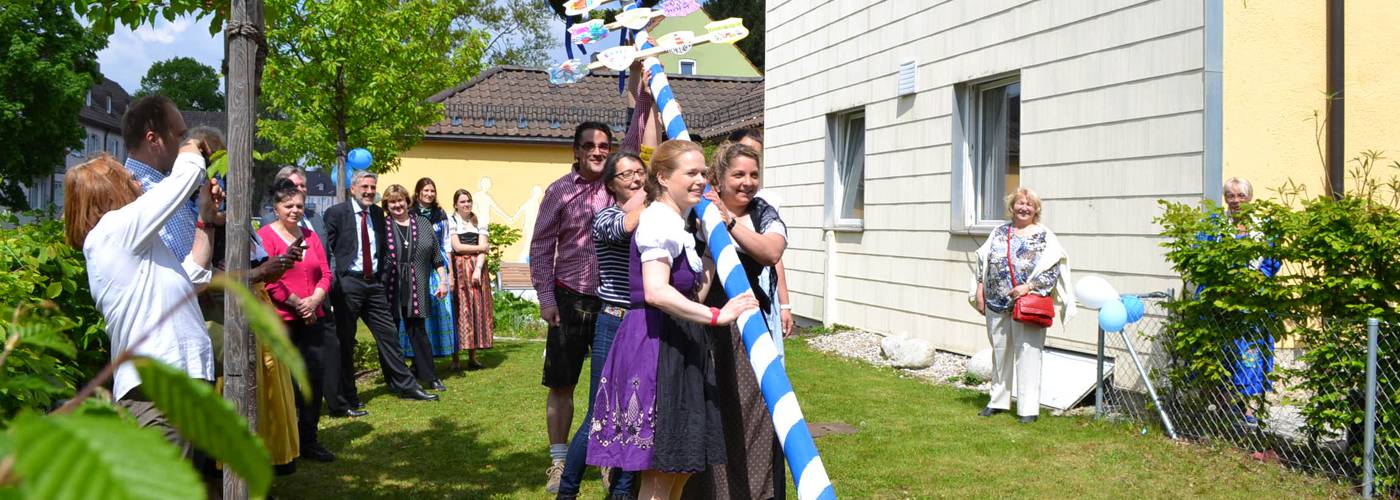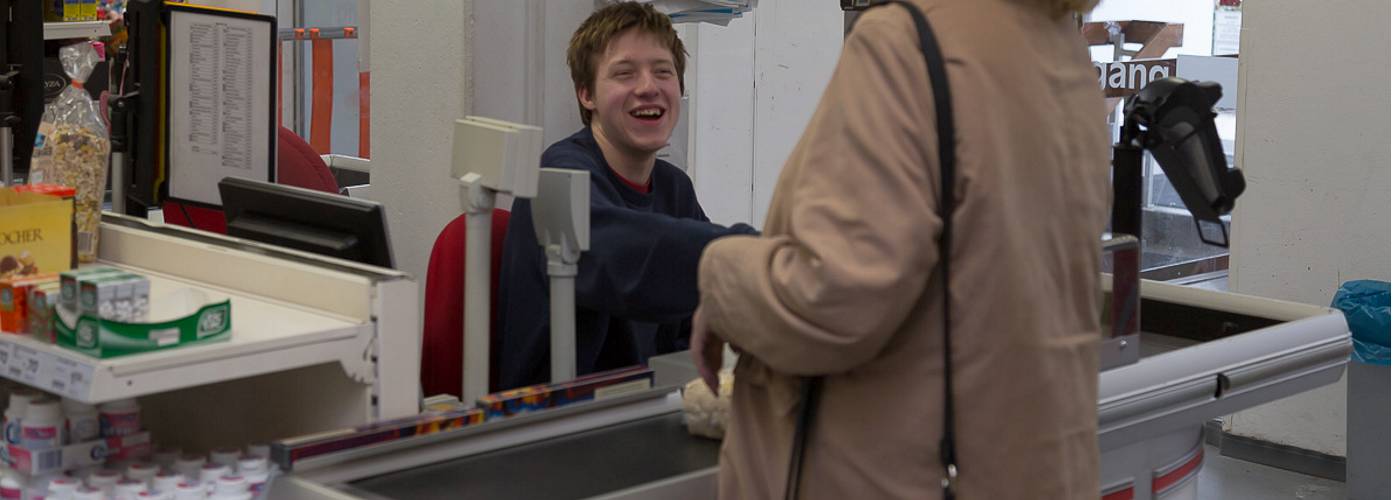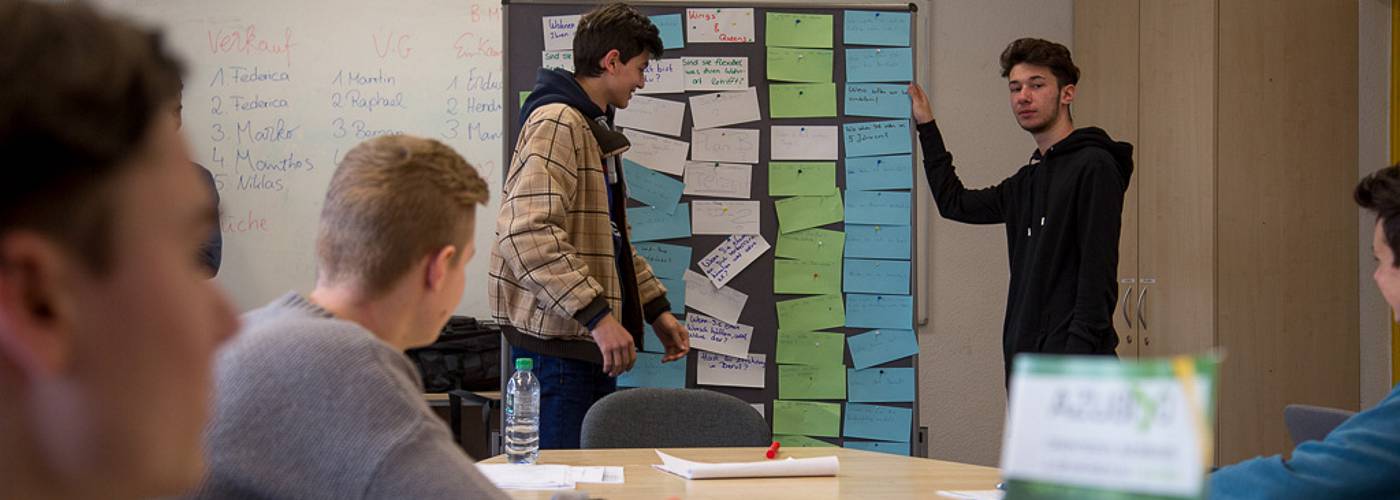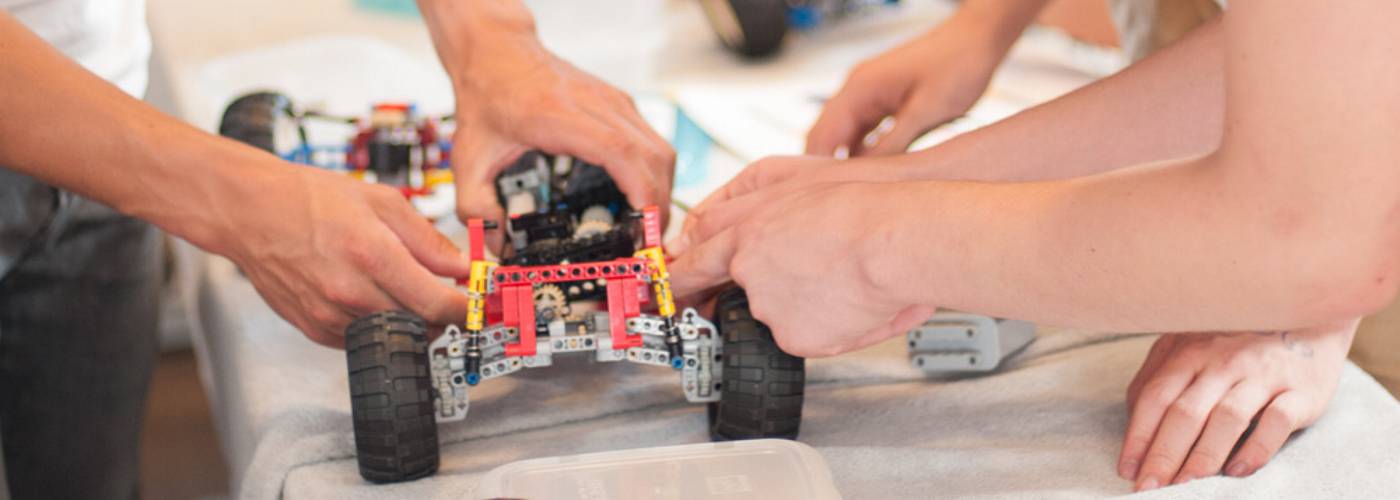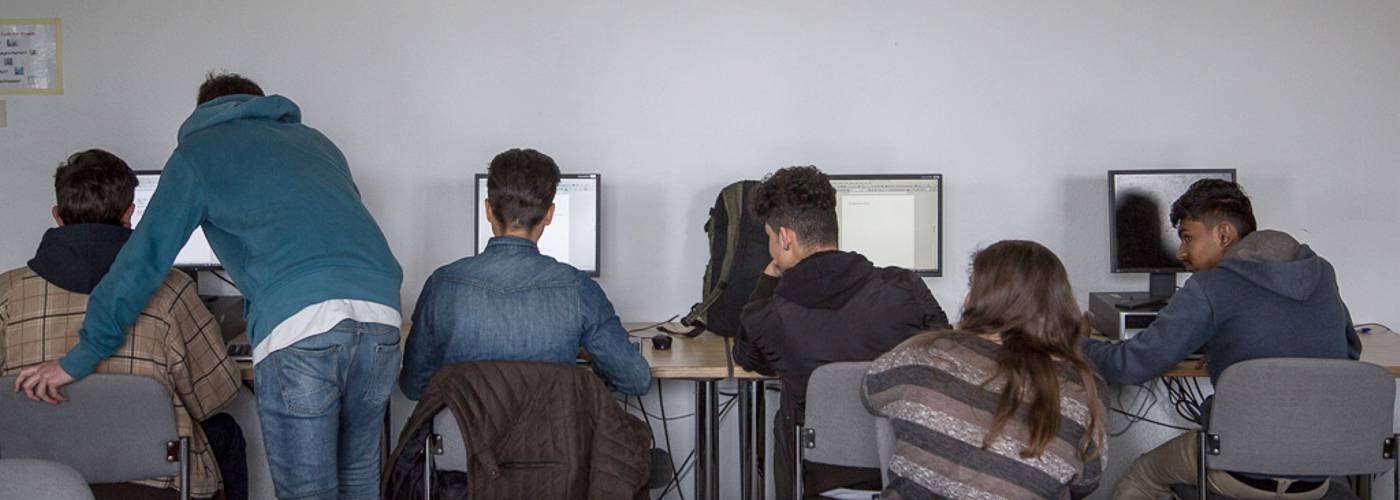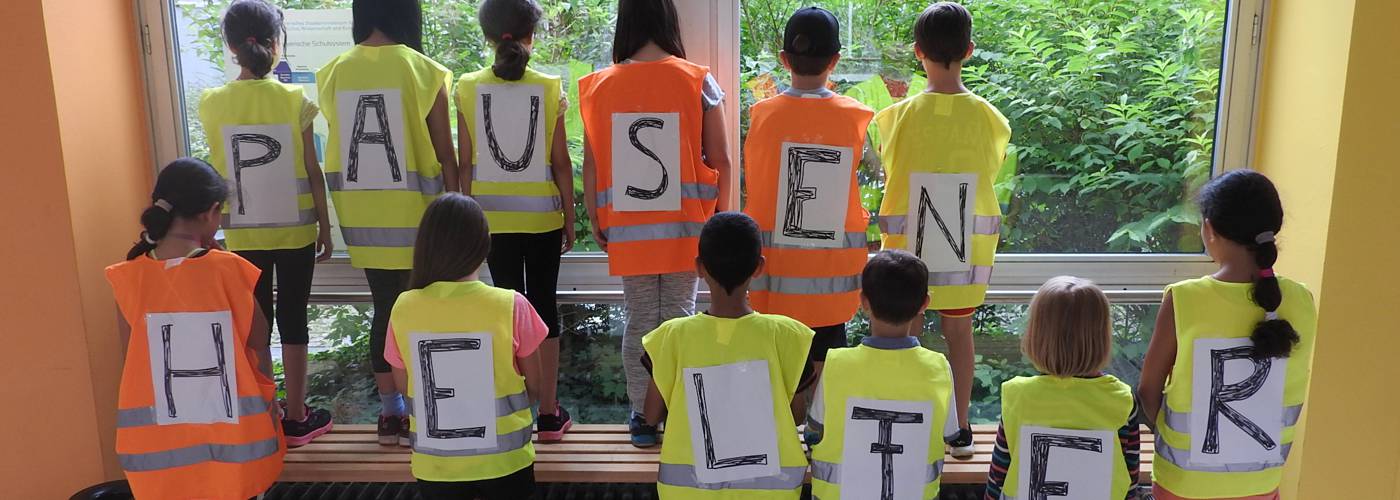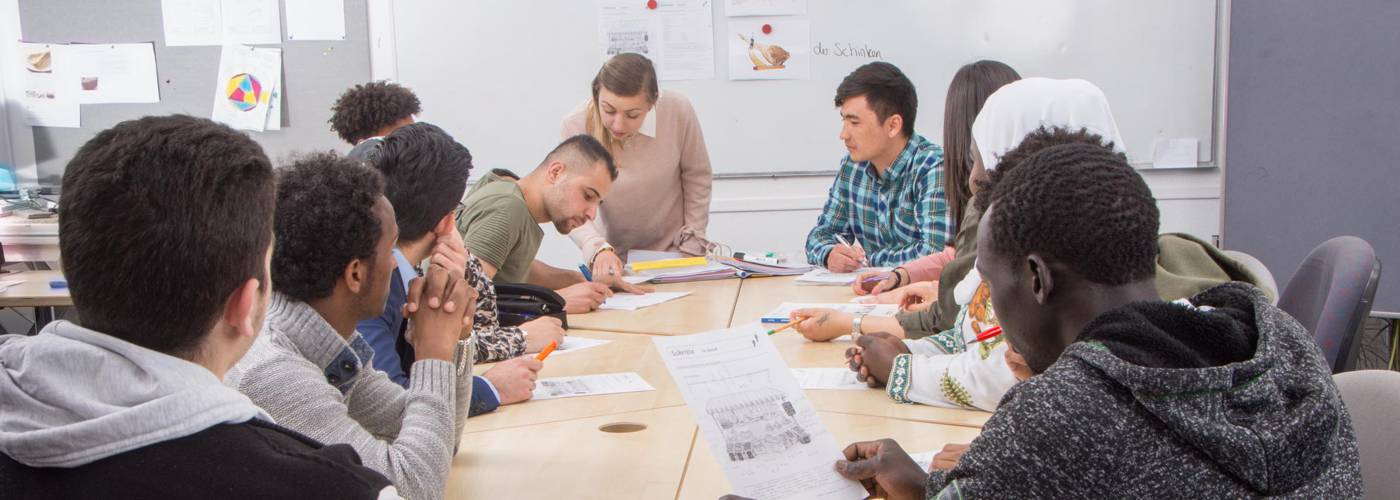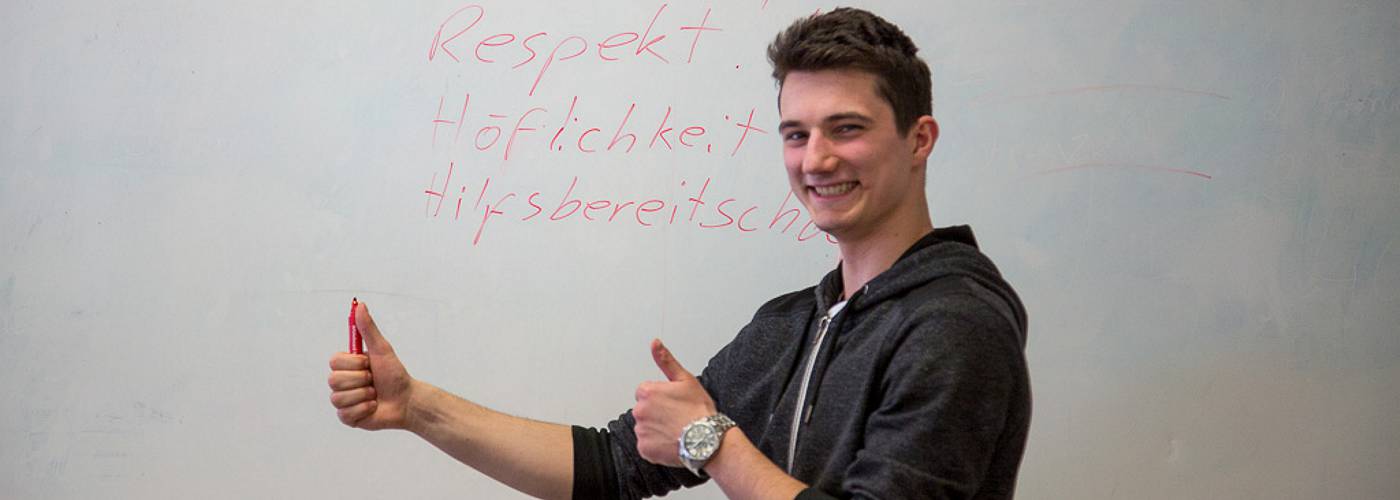Reach for your Life's Goals
Project description
Erasmus + project 2014-1-HU01-KA200-002376
Target group
Young people (16-24 years) in Europe, belonging to the group of NEET (Not in Employment, Education or Training - Not in Employment, Education or Training). The RLG project focuses on the development of social and entrepreneurial skills. Complete details of the project can be seen at the project website https://rlg.edunet.hu/project/news
Objectives
The project team developed a complete tool of the
- Capture the current state of competencies of participants (Assessment)
- Development of 10 key competencies (through various exercises)
- Development of psychometric materials
- Design, development and production of trainer manual
Originally, the phrase ‘Lost Generation’ was used to describe the generation that came of age during World War I. The term was popularized by Hemingway. But since the financial crisis of 2008 young people with limited employment and career prospects have also been described as members of a ‘New Lost Generation’. An OECD report of 2012 warned that due to their lack of skills, motivation and self-worth this ‘lost generation’ might have difficulties in entering the workforce even when the recession ends and demand for employees is higher. (OECD Employment Outlook, 2012)
The project addresses the issue of the very high number of young people between the ages of 16-24 who are not in employment or training, by developing entrepreneurial skills in hard-to-help groups across the four countries participating in the project. After discussion, the partners came to the conclusion that although the countries may be at differing levels of economic development, the issues for young people are the same. This project looks at the development of an educational programme that can help to promote the entrepreneurial skills of disadvantaged young people in the widest sense, moving them from reactive to proactive behaviours.
The levels of youth unemployment in Europe reached a new historic high of 23.5% in February 2013, more than twice as high as the adult rate, with some 5.7 million young people affected. Young people who have only completed lower secondary education (early leavers from education and training) bear the highest risk of unemployment. In 2012, the EU average youth unemployment rate was 22.8%, but reached 30.3% for low-skilled youth (Eurostat, LFS).
Our project concentrates on the low skilled young people, often classed as NEETs (not in employment, education and training) in each of the partner countries. We are developing a 12-week training programme that promotes the skills, behaviours and attitudes to turn the target group into proactive members of society with the ability to move forward into education, training, employment or self-employment.
The project is designed to have measurable outputs throughout. An initial assessment of the candidates is carried out to gain a base line on where the candidates are with regards to motivations, behaviours, self-esteem, self-confidence and preferred work style. At the end of the 12-week training programme a further testing process follows to assess improvements in the same areas.
The cyclic nature of the testing process will ensure a robust and tested quality of the teaching and learning materials. At the end of the first testing period each country will test the tools jointly developed and provide feedback about the strength and weaknesses of the training packages. As a next step the developers will change the components that did not work in practice for more effective materials.
At the second stage the testing process will take place in each country at different periods supported by permanent professional consultation, so that the users can utilize the new experiences of the previous implementers. A one year follow-up period will continue after the training to continue the link between the educators and the participants.
In the end the programme will run eight times in this form and the final product will be tried, tested and shared with other educational and training organisations in Europe.
Second sequence of German test groups
February – July 2016
The RLG programme connects closely with the basic activities of ETC for the German partners, which offers the likelihood that local practice will preserve the results of the project in an organic way.
The components were jointly developed and built in as a module into the training of those young people facing career choices. Each year the labour centre commissions the ETC to support these young people into work. More recently, supporting young migrants arriving in Germany without adult relatives has become a new state-financed task of schools since the beginning of 2016. The experts of the ETC have simultaneously tested the exercises of the programme in other institutions.
Secondary schools providing general education tested several exercises of the RLG programme with students aged 12-13 on their career orientation days of December 2015 and April 2016. The exercises were tried out by 18-20 persons. The social composition of the students represented the urban average – with a relatively high ratio of migrant and disadvantaged students. Experience however shows that the exercises functioned fairly well in this environment. Students have enjoyed the activities though they have found the exercises to require a high level of concentration.
A special school tested several exercises in March 2016 with participants aged 12. The German colleagues tested various levels of difficulty while adjusting to the special features of the children. They verified that some of the exercises could be well adjusted to the capabilities of students with special needs and the participants enjoyed them.
ETC started working with young refugee people in February of 2016. The first group – most of them boys aged 16-21 – was a group of 12 who were from African and Asian countries. They had acquired some trade skills in their home countries, it was however difficult to assess the level and content of their expertise due the low level of their German language competence. They had traumatized mental states and were without family ties or official guardians. The RLG exercises can be included in the ten month Bridge Year programme which aims at integrating them into German culture and society though learning. The aim is to prepare these young people to be able to find a trade within the labour market. ETC staff want to make the migrants familiar with everyday customs (social conventions and roles, forms of behaviour, etc.), fields of labour (ways of getting employed, expectations, etc.) – while they can acquire practical experience in various trades. Considering their composition and needs this makes these groups very similar to NEET young people which the programme aims at.
It is a serious challenge for them to gain development in various competence fields with their low level language skills in German. The exercises of RLG programme which focus on practical skills in work are emphasised in their training.. They need to acquire problems solving skills most of all. Those activities which focused on self-presentation were particularly important for the participants because they help them develop deep knowledge and self-confidence.
RLG activities have been occasionally used within prisons since December of 2015. The participants are exclusively males between 25 and 70. They make a fairly mixed group as far as their education is concerned. Most of them are trained people, you can however find some who are illiterate and people with higher education in this group as well. 6-14 persons participate occasionally in the activities. They are characterized by some sort of mental isolation due to being imprisoned for a long time. After being encouraged to cooperate they have however enjoyed the exercises.
The most important general experiences of testing that might be built into the development process were as follows:
- Some groups will complete their exercises faster than the others. That is why the decision was made to produce shorter time filling exercises trainers can easily pull out of their sleeves.
- Activities should have a stress free atmosphere – except for situations when activities themselves produce stressful settings (for example: solving problems or making decisions).
- Trainers should consider the ethnic and cultural composition of the groups – think of the activities requiring physical contact. Such activities might be deferred even in the case of working with homogenous groups.
- Each activity should be initiated by analysing which skills and competences they will develop.
- Positive and frequent feedback is extremely essential because it helps and encourages young people to find the right course of development. That is why we should motivate the participants to evaluate and understand even the slightest move towards the right direction.
Elaborating the topics of the RLG activities in a workshop proved to be fairly productive for groups cooperating permanently and preparing for a career choice. The English and German language board game Business Master has been a great success and it is considered as the country specific component of the programme. The game has been financed by Bavarian firms and aimed at developing entrepreneurial knowledge and skills.
The programme for those newly arrived young people who were delegated by the labour centre has continued since the autumn of 2016. An assessment day of ETC competences was organized for 31 participants in three new groups in September.
About the tools
The project aims at developing complex tools which can be used without constraints and will help us to assess and develop the business competencies, in wider and measurable terms, of NEET young people who live in various regions of Europe. The project will also encourage young people to abandon their typical reactive attitudes and move towards more proactive behaviour.
After reviewing professional literature and holding a number of personal meetings and online consultations, the project partners have finally agreed that maintaining the healthy and positive self-assessment of the young people is one the most important conditions for them to reach their goals. There are some personal traits and motivations which are of particular importance in relation to success in business.
A few important personal traits:
- passion: confronts opportunities and challenges with strong enthusiasm and sustains a highly motivated state to reach goals
- perseverance: maintaining goal-directed action even when faced with obstacles
- proactivity: looks for opportunities, initiates and takes action, and perseveres until they have brought about the change they planned for
Personal motives may also play important roles:
- internal locus of control: the degree of conviction to which a person believes that he/she can directly affect an event or control an outcome
- need for achievement: tries to accomplish difficult tasks – and maintains high standards in implementation
- self-efficacy: a person’s belief that they are able to do and successfully accomplish a task or specific activity
The whole programme aims at strengthening the traits mentioned. The partners have however described/delineated ten content areas to be handled independently within the wider area of business competencies. They are as follows:
- willingness to learn: self-reflection on strengths and weaknesses; missing competencies and skills are looked upon as learning opportunities; being open to acquiring new skills
- interpersonal skills: readiness to communicate and do teamwork – ability to work with people from diverse backgrounds. Ability to identify own thoughts and feelings and communicate them; using all these skills in conflict resolution; assertive communication; active listening skills; clarification of ideas; debating skills; negotiating; cooperation in pair- and team-work; networking: building and maintaining good relationships.
- strong initiative: looks for new opportunities, highly motivated, persistent, identify and choosing the best way to achieve one’s goals,
- problem solving: defining problems, creativity in finding solutions, efficient locating and use of information to generate alternative solutions (thinking outside the 'box')
- taking responsibility: willing to take accountability for actions and recognize the consequences of decisions
- planning and organizing: prioritizing in order to manage work and time effectively, meeting deadlines
- ability to make decisions: ability to find multiple viewpoints to evaluate alternatives in an/an appropriate timescale, weighing possible risks
- adaptability and flexibility: ability to overview and reformulate plans in order to fit changing conditions
- willingness to take risks: ability to accept ambiguity and make choices even if not all information is available; to perform risk assessment and take considered risks, learning from past experiences
- business thinking and awareness: knowing where to look for information, understanding administration, how to allocate necessary resources in order to reach success in business.
The full set of tools of the RLG programme, supporting the skills of the areas mentioned above, contains four bigger units which were developed in parallel:
- Tools of assessment
The tools of assessment contain tests and exercises connected to the ten areas mentioned which helps us review the motivation levels, the main features of behaviour, the level of self-evaluation and self-confidence and preference regarding the work style of the young people, from the period when they joined the programme. The same tools can be used to identify the improvements of each area when they finish the programme. - The tools of the training program
These tools which aim at competence development are built up of tried and tested group(ed) training exercises which serve to support one or other sub-area of business attitudes and skills in a targeted way. They are organized into the training process, based on the results of the assessment, and their positive results can be evaluated. - Implementation materials
The assessment of competence and implementation materials is supported by a number of guides, reviewers, observation and self-evaluation sheets, templates on agreement with the young people and follow-up forms describing the development respectively. - Train the Trainers
After finishing the project the trainers' guides and programme will form an essential part of the tools which will enable the programme to be transferred to other institutions so that they can successfully utilize them within their own practice.
Based on the testing experiences the set of tools will be enlarged and shaped while carrying out the project. It is planned that the set of tools will gain its final form during the last stage of the project. After finishing the programme it will be available in four languages: Hungarian, English, Polish and German.
Contact person
Marta Hampel
Conact Person in Germany
| E-Mail: |
|
Edunet foundation
Lead Partner of the project
| address: | 2001 Szentendre, Pf. 123 Budapest, Hungary |
| E-Mail: |

